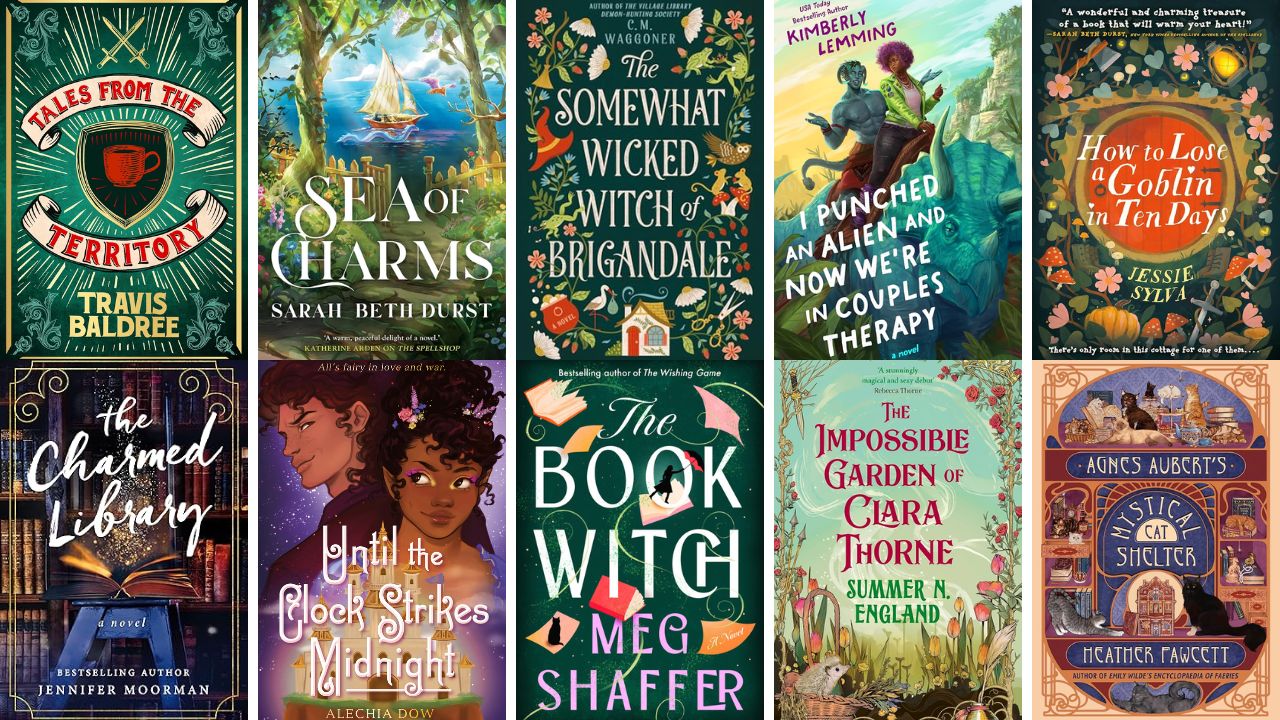In today’s digital age, the internet has become an necessary part of our lives. However, amidst the myriad of online distractions, there is still a special place for books. In this article, we will explore the advantages of books over the internet and why they continue to hold their timeless charm. Let’s dive in and discover the unique benefits that books offer in a world dominated by screens.
Advantages of Books over the Internet
No Distractions
Books provide a focused reading experience free from the constant interruptions of notifications, advertisements, or pop-ups that are prevalent on the internet. When you immerse yourself in a book, you can enjoy uninterrupted reading, allowing for a deeper connection with the content.
Unlike the internet, where one search can lead to hours of aimless browsing, Books allow you to stay on course and fully engage with the narrative or subject matter at hand.
Uninterrupted Reading
Unlike the internet, books do not require you to switch between tabs or apps. With a book in hand, you can enjoy an uninterrupted reading experience. This continuity helps you to delve into the narrative, absorb ideas, and connect with the author’s message more effectively.
With a book, you have the benefit of uninterrupted focus without the temptation to switch to other tabs or apps. This sustained engagement with the text enables a deeper understanding and absorption of ideas.

Physical Presence
One of the unique advantages of books is their physical presence. The sensation of holding a book, turning its pages, and feeling its weight adds a tangible dimension to the reading experience. The aroma of ink and paper can evoke nostalgic feelings that the internet simply cannot replicate.
The physical presence of books creates a connection between the reader and the author’s words. Each book becomes a unique artifact, filled with the history of its own journey. From the worn-out corners of a beloved novel to the pristine pages of a newly acquired treasure, books carry a sense of personal attachment and sentimentality. They can become cherished possessions, proudly displayed on bookshelves, showcasing not only a collection but also a reflection of one’s intellectual pursuits and interests.
Offline Access
Books don’t rely on an internet connection, making them accessible anytime, anywhere. Whether you’re on a remote beach or in an area with limited connectivity, books provide reliable companionship. They offer a refuge from the online world and allow you to enjoy reading even during internet outages or while traveling.
With a book in hand, you can embark on adventures, explore new ideas, and delve into the depths of human imagination without relying on screens, signal bars or Wi-Fi.
Memory Retention
Research suggests that reading physical books enhances memory retention compared to reading digital content. The tactile experience of flipping pages and spatially organising information aids in better comprehension and recall. By engaging multiple senses, books facilitate a deeper understanding of the material.
The absence of digital distractions often associated with internet reading plays a significant role in memory retention. Unlike reading online, we end up clicking on hyperlinks, getting lost in tangential articles, or being tempted by unrelated content.

Development of Imagination
Books have the power to ignite and nurture our imagination. They allow readers to visualize characters, settings, and events in their own unique way, fostering creativity. The absence of visual aids encourages readers to paint vivid mental pictures, stimulating the mind and expanding the boundaries of imagination.
Moreover, books provide a canvas for readers to co-create the narrative within their minds. Unlike the internet, where images and videos are readily available, books require readers to engage their imagination fully.
Mindfulness
In a world characterized by fast-paced scrolling and skimming, books encourage a slower pace and deeper engagement. When you read a book, you become fully absorbed in the narrative, paying attention to every word. This promotes mindfulness, allowing you to savor each sentence and derive greater meaning from the content.
The act of physically flipping through the pages of a book and the absence of digital distractions further contribute to a calming reading experience that promotes mindfulness and allows for a deeper connection with the material.
Enhanced Vocabulary
Books expose readers to a rich tapestry of vocabulary. From classics to contemporary works, literature offers a vast array of words and phrases that expand our language skills. Regular reading improves vocabulary and enhances verbal expression, enabling us to communicate more effectively and confidently. Books allow us to encounter diverse writing styles and linguistic nuances.

Reduced Eye Strain
Extended screen time can strain our eyes and lead to discomfort. Reading books, particularly those with larger font sizes, can provide a welcome relief from prolonged exposure to screens. With books, you can enjoy reading for extended periods without the same level of eye strain associated with digital devices.
Moreover, books allow readers to adjust lighting conditions according to their preferences, providing a further advantage in reducing eye strain compared to reading on backlit screens.
No Data Privacy Concerns
When reading books, you can rest assured that your personal information is not being tracked or shared. In an era of increasing data privacy concerns, books offer a secure haven for your thoughts and ideas.
So, curl up with a good book and relish the freedom of knowing that your reading experience is solely yours to enjoy, without any prying eyes or data privacy concerns. Enjoy the pleasure of reading without worrying about potential data security risks.
Also Read: 10 Movies That Brought Stories by Indian Authors to Life











